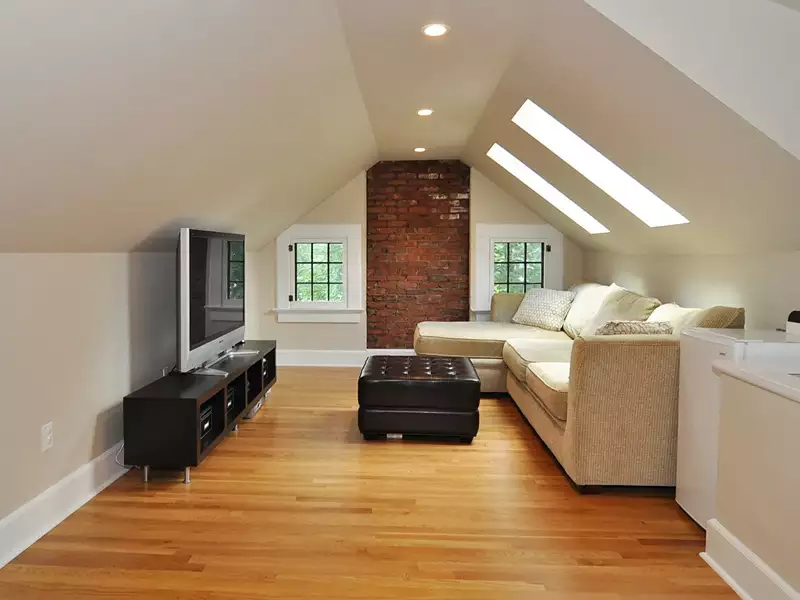Which is better for your HVAC system: HEPA or MERV filters? It’s a question many homeowners and real estate developers often ponder when looking to optimize indoor air quality and efficiency. With indoor air quality playing a crucial role in our health and comfort, choosing the right filter is a significant decision. In this article, we will delve into these two popular choices, HEPA (High-Efficiency Particulate Air) filters and MERV (Minimum Efficiency Reporting Value) filters, to determine which is more suitable for your HVAC system.
Understanding HEPA Filters

What are HEPA Filters?
HEPA filters are high-efficiency filters designed to trap small particles from the air with up to 99.97% efficiency for particles as small as 0.3 microns. They are commonly used in environments where air quality is a high priority, such as hospitals and laboratories.
Benefits of HEPA Filters
One of the most significant advantages of HEPA filters is their ability to capture a wide range of pollutants, including dust, pollen, mold spores, and even some bacteria and viruses. This makes them ideal for improving health and reducing allergy symptoms.
Limitations of HEPA Filters
While highly efficient, HEPA filters can restrict airflow if not properly matched to the HVAC system, leading to increased energy consumption and strain on the system.
Exploring MERV Filters
What are MERV Filters?
MERV filters are rated on a scale from 1 to 20, with higher numbers indicating the ability to capture smaller particles. They offer a range of options, allowing users to balance air quality with system efficiency.
Advantages of MERV Filters
These filters offer a flexible solution, as they can be used in a variety of HVAC systems. MERV 8 to MERV 13 filters are often recommended for residential use, striking a balance between particle capture and airflow.
Drawbacks of MERV Filters
The main downside is that as filter efficiency increases (higher MERV ratings), so does the resistance to airflow. This can lead to reduced system performance if not correctly matched to the system capabilities.
HEPA vs. MERV: Key Comparisons
Air Quality Efficiency
HEPA filters typically outperform MERV filters in capturing smaller particles, making them superior in environments requiring ultra-clean air.
System Compatibility
For many home HVAC systems, especially older or less powerful ones, MERV filters provide an optimal balance of filtration efficiency and system compatibility, whereas HEPA filters may require system modifications.
Cost Considerations
The initial cost of HEPA filters is often higher than that of MERV filters, not to mention potential HVAC system adjustments. MERV filters, while generally less expensive, vary in price depending on their rating.
Environmental and Health Impacts
Health Benefits
Both filter types improve indoor air quality, though HEPA filters might be necessary for individuals with severe allergies or respiratory issues due to their higher efficiency in trapping allergens.
Environmental Footprint
Sustainable practices are crucial when considering energy consumption impacted by filter types. MERV filters typically align better with energy-saving goals without requiring additional modifications.
Energy Efficiency
Energy efficiency is a significant consideration. HEPA filters, due to their density, can impact system airflow and subsequently increase energy usage. Conversely, MERV filters can be selected to balance efficiency and performance, minimizing the additional energy load.
Maintenance and Longevity
Regular maintenance is necessary for both filter types. HEPA filters, due to their comprehensive filtration, tend to clog faster and may require more frequent replacements, whereas MERV filters strike a balance between longevity and efficiency based on their rating.
Technology Advancements
With ongoing advancements in filter technology, it’s essential to stay informed. Air duct cleaning is one way to complement filter efficiency by removing accumulated dust and debris, enhancing airflow and overall system performance.
Final Decision: Which to Choose?
The choice between HEPA and MERV filters largely depends on your specific needs and system capabilities. For enhanced air quality without significant system modifications, a high-rated MERV filter may suffice. However, for environments requiring the utmost air purity, HEPA is unmatched.
FAQs
Q1: Can I retrofit my HVAC system to use HEPA filters?
Yes, but it may require system modifications to accommodate the lower airflow typically associated with HEPA filters.
Q2: How often should I change my HVAC filters?
This depends on the filter type and usage; HEPA may need more frequent changes due to higher capture rates, potentially every 1-3 months. MERV filters can often last 3-6 months.

Q3: Are there energy consequences to using high-efficiency filters?
Higher efficiency filters, like HEPA or high-rated MERV, can increase energy usage due to airflow restriction. It’s vital to match filter choice with your system capabilities for optimal performance and energy use.
LEED certification and tips for improving building sustainability by choosing efficient filter options can significantly enhance not just air quality, but overall ecological impact.
As an Amazon Associate, I earn from qualifying purchases.


